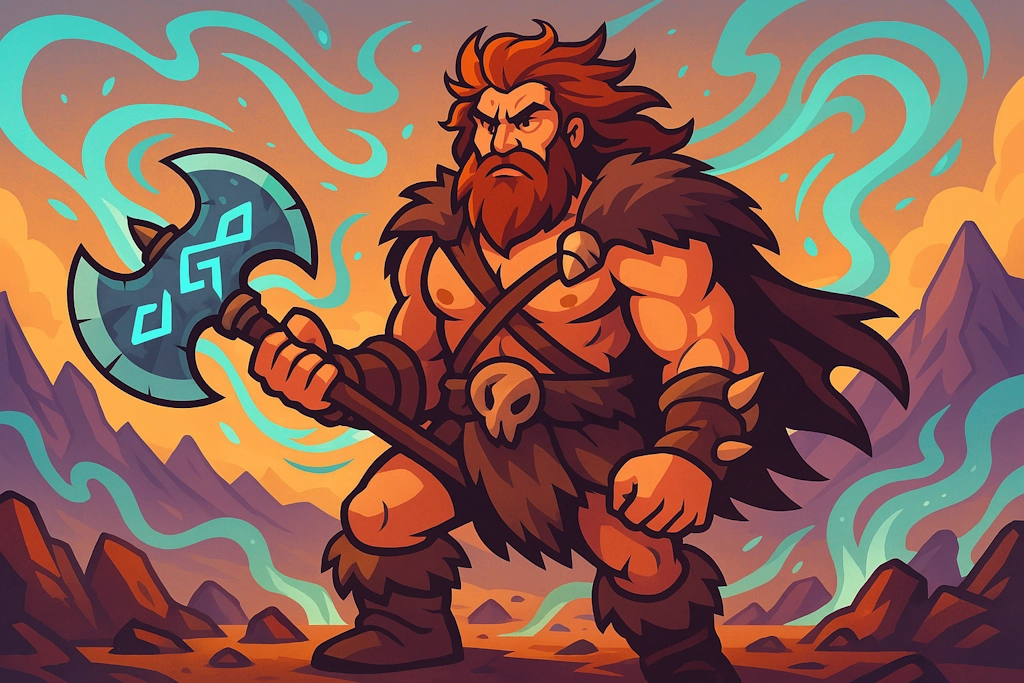♀️Barbarian Names(Female)
Generate names for fierce warriors who harness primal rage and tribal strength in battle.
Choose your style:

Barbarian Names
Generate names for fierce warriors who harness primal rage and tribal strength in battle.
Example Barbarian Names
Get inspired by these sample results
- Kromthar Ravenbringer
- Drakar Bloodhunter
- Valrya Stormseeker
- Helnara Wolfslayer
- Gormak Bonecrusher
- Lyswen Spearhunter
- Thrakmar Frostrender
- Korahild Clawreaver
- Arghun Skullcaller
- Morasha Bladebearer


